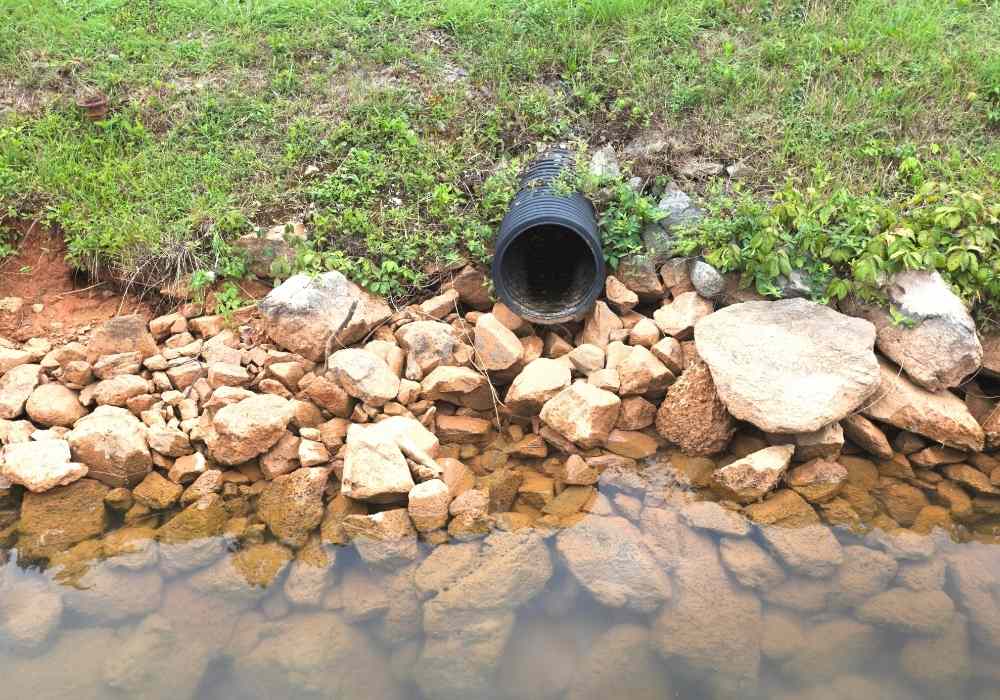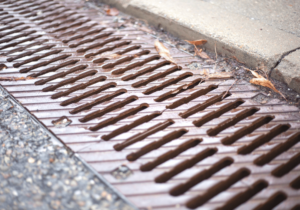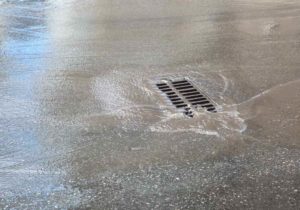3 Types of Drainage: What You Need to Know

No matter what type of property you own, it’s important to know the basics of drainage. Inadequate water drainage can result in a variety of issues, including structural damage and flooding. In this post, we will discuss the three types of drainage: surface drainage, subsurface drainage, and stormwater management.
Surface Drainage
Surface drainage is the most common type of drainage. It involves directing water away from buildings and other structures, using gutters, downspouts, and drains. Surface drains are typically located at the base of a slope or near a body of water. They collect runoff from rainfall and snowmelt, and direct it away from the property.
Subsurface Drainage

Subsurface drainage is used to collect and remove water that has already soaked into the ground. This type of drainage is often used in areas with high groundwater tables or poor soils. It can also be used to prevent foundation damage from excessive moisture. Subsurface drains are typically located around the perimeter of a property, and are connected to a drainage system that directs the water away from the property.
Stormwater Management
Stormwater management is a type of drainage that is designed to control runoff from storms. It involves using techniques such as detention ponds and infiltration basins to store water and allow it to percolate into the ground slowly. Stormwater management is often used in areas with high rainfall or flooding potential.
What is the importance of drainage?

Drainage is important because it helps to prevent water damage. When water doesn’t drain properly, it can lead to all sorts of problems, from flooding to structural damage. The advantages of drainage are maintained by a drainage system, which also keeps particles and dirt out of your base and prevents water from coming back into your home and foundation. If you live in a region where you can anticipate receiving a lot of rain throughout the year, it is also essential to have a water drain in place. Contact Ashworth Drainage if you have any drainage questions!
